"It was an unusual year, with El Niño climate issues all over the world," begins Ad Verkerk of MBF (Meadowbrook Farms) Savannah, a Dutch company specializing in importing exotic fruits and vegetables. He is referring to the global weather conditions affecting the cultivation of many products, like mangoes in Peru. Ad points out that heavy rain in several growing areas means as much as 40 to 60% less crop is expected than in 2022.
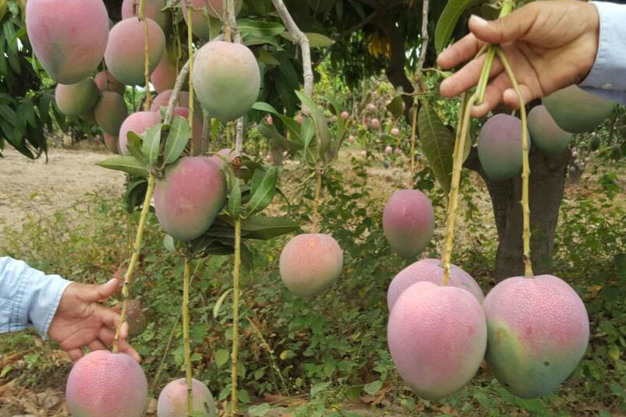
"That's also why the Peruvian mango season started several weeks later than expected." Ad says that will affect not only volumes but fruit sizes, too. "That means Kent mangoes have more room to grow, so they will likely be larger," he says, adding that supermarkets sell mainly smaller mangoes brought by boat.
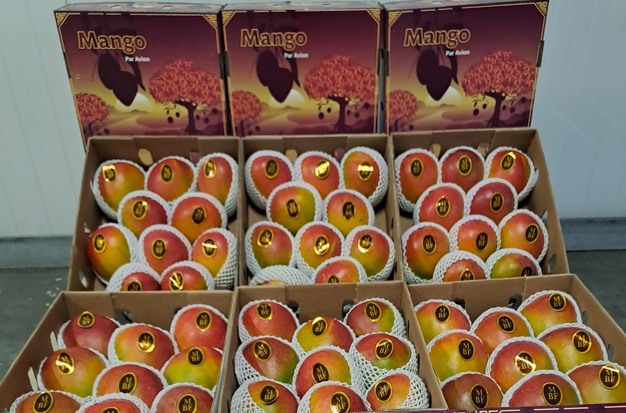
Fewer sea freight mangoes
"Peru used to ship about 11,000 reefer containers of mangoes around the world, some 5,000 of which went to Europe. Due to circumstances, that country will send around 60-70% fewer containers of mangoes by boat. That will create a huge gap in the market. It will, thus, be harder for retailers to offer sea freight mangoes at prices similar to previous years." Ad does not see a real alternative for filling in the lost Peruvian production. "The EU has high quality requirements and strict regulations. You can, thus, source mangoes from few other countries during the next four to five months," he explains, indicating that the far lower Peruvian mango volume should lead to higher prices.
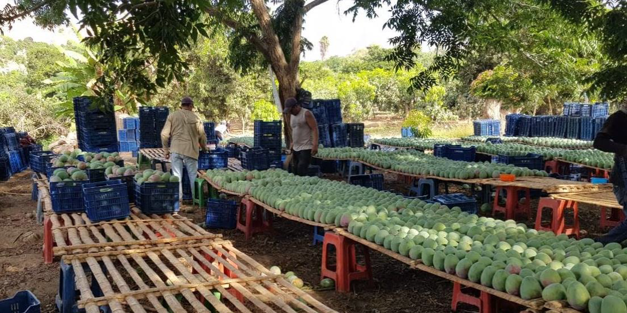
Though volumes are disappointing, quality is not. "We expect it to be good," says Verkerk. Because of the expected larger sizes and good quality, he assumes most Peruvian mangoes will be flown in this season. That is one of MBF-Savannah's biggest product categories. "Once you've tasted a flown-in Kent mango, you won't want a sea freight mango again. There's a huge difference in quality and flavor from a mango ripened after arrival in the European Union. After the season in Peru, we continue with Kent mangoes from Mexico, again only transported by air to maintain freshness and flavor."
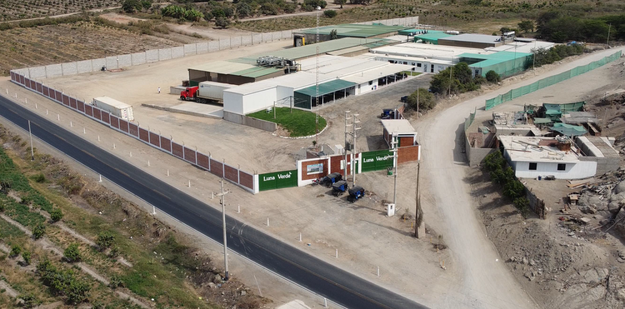
Hand-picked haricot verts
Besides mangoes, products like Kenyan haricot verts are part of the company's assortment. "Demand-wise, I predict huge growth for haricots verts of our specific variety and quality from Kenya; they're hand-picked, sorted, and packed," Ad explains. MBF Savannah also imports passionfruit from Colombia and Zimbabwe, Brazilian limes, broccolini from Spain and Kenya, blueberries from Peru and Zimbabwe, and shelled peas, snow peas, and sugar snaps from Egypt, Zimbabwe, Peru, Guatemala, and Kenya.
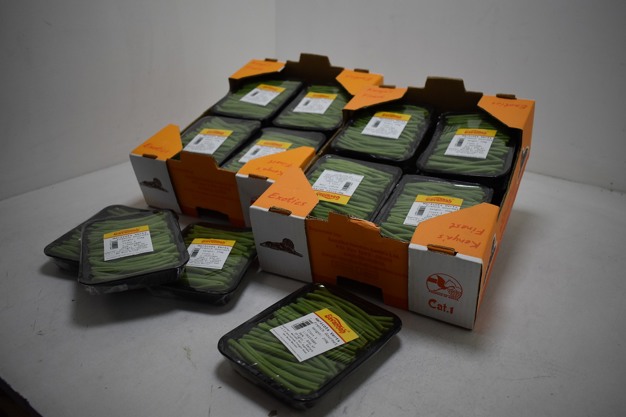
The importer primarily focuses on European market sales, from which the UK has somewhat disappeared. "Brexit has shrunk exports to the UK, which have generally become harder. But increasing demand from countries like Germany, Belgium, Switzerland, France, and Scandinavia makes up for that," says Ad, adding that he sees that, although still small, demand for exotics is starting to increase from Eastern Europe. Around the holidays, mangoes, passionfruit, haricot verts, snow peas, sugar snaps, and washed peas are more in demand.
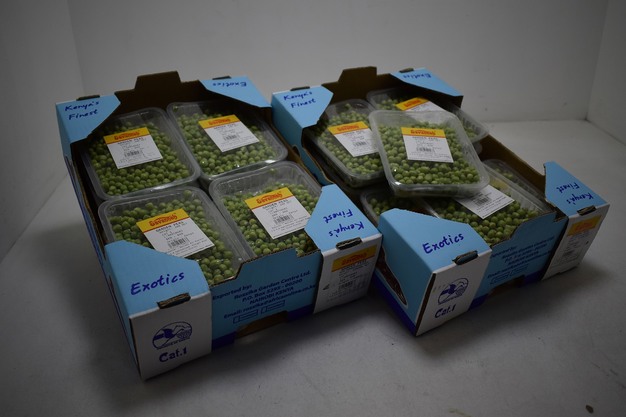
Red tape pushes up prices
Ad considers red tape one of the biggest challenges to fruit, vegetable, and exotic imports. Here, he points to, among other things, regulations that are far removed from practice and repeated, costly, elaborate inspections and certifications. That all drives up prices. The importer sees the impact on fresh produce prices, which he estimates is as much as 20 to 30% higher due to the influence of official regulations and certifications. "Those costs, plus nine percent VAT, come on top of the actual production price. That makes products more expensive and inaccessible to many consumers." Ad, therefore, calls for a change in mentality and bureaucratic systems. "Fresh produce should be accessible and affordable to everyone," he concludes.
For more information:
Ad Verkerk
MBF Savannah
Tel: +31 23 561 2600
news@mbf.nl
www.mbf-savannah.com
